The Power of Resolve in Personal Injury Cases: The Value and Risks of Going to Trial
Picture this: You’re sitting across the table from an insurance adjuster, discussing your car accident case. The adjuster slides a settlement offer across the table, and it’s far less than you expected. You take a deep breath, look them in the eye, and say, “Thanks, but I think we’ll see you in court.” Suddenly, the adjuster’s demeanor changes. They start to fidget, clear their throat, and before you know it, they’re talking about “reassessing” their offer.
What just happened? You, my friend, just witnessed the power of resolve in action.
In the world of personal injury law, there’s a secret weapon that doesn’t get talked about nearly enough: the willingness to go to trial. It’s not about being combative or unreasonable. It’s about standing your ground and being prepared to fight for what you deserve. Here’s the kicker: a plaintiff’s willingness to go to trial often determines whether one will actually be necessary.
The Unpredictability of Trials: A Roll of the Dice?
Now, let’s get one thing straight: trials are about as predictable as North Carolina weather in springtime. One minute you’re basking in the sun, the next you’re running for cover from a thunderstorm. Every lawyer worth their salt knows this. The best trial lawyers can and do lose, and even the greenest attorneys occasionally strike gold.
Why? Because juries are as diverse and unpredictable as the people you’d find at the county fair. Their viewpoints, biases, and understandings can flip a case on its head. Their decisions might hinge on the evidence presented, how persuasive the attorneys are, or something completely unrelated to the case – like what they had for breakfast that morning.
And here’s another wrinkle: each county in North Carolina has its own unique flavor when it comes to juries. A case that might be a slam dunk in Charlotte could be a tough sell in Stokes County. The jury in bustling Winston-Salem might see things very differently from their counterparts in rural Caswell County.
Weighing the Risks: The High-Stakes Game of Personal Injury
Make no mistake, going to trial is a high-stakes game. For plaintiffs, it’s like pushing all your chips to the center of the table. You might reject a decent settlement offer, thinking you can do better at trial, only to walk away empty-handed when the jury doesn’t see things your way.
On the flip side, defendants aren’t immune to this risk either. They might decide to roll the dice at trial, only to end up with a judgment against them that’s higher than their insurance coverage, which can spell financial catastrophe.
The Power of Resilience: Standing Your Ground
Despite these risks, there’s real power in being willing to go the distance. When a defendant or an insurer sees that you’re not bluffing – that you’re genuinely prepared to take your case before a jury – it changes the game. Suddenly, they’re not just negotiating with you; they’re negotiating with the specter of an unpredictable jury verdict.
This is why at Harris Legal, we believe in being trial-ready from day one. But it’s not just about talking the talk. You’ve got to be willing to walk the walk. The plaintiff and the lawyer must actually be prepared to put their case before a jury for their resolve to carry any real weight.
The Importance of Reputation: More Than Just a Name
Let me tell you a story. Before I started Harris Legal, I worked for a well-respected personal injury firm here in Winston-Salem. I remember leaving a settlement hearing with my mentor – we had just settled a case for mid-seven figures. I was feeling pretty good about it, but something was nagging at me.
I knew another lawyer who had a very similar case, but was offered a fraction of what we were able to obtain for our client. When I asked my mentor why we could secure such a higher settlement, one factor stood out – our reputation.
The opposition knew our firm was willing to go to trial. They’d seen us in action before, and they knew we weren’t bluffing when we said we were prepared to take a case all the way. This awareness made them reassess their initial offers and consider the substantial risk they bore if they opted to face us in court.
Making the Decision: To Settle or Not to Settle?
Now, I’m not saying you should always go to trial. Far from it. The decision to settle or go to trial is one of the most important choices you’ll make in your case. It’s not a decision to be made lightly or based on emotion.
You need to consider the strength of your case, the potential risks and rewards, and your own personal circumstances. Can you handle the stress and uncertainty of a trial? Are you prepared for the possibility of walking away with nothing?
This is where having an experienced attorney in your corner is crucial. They can help you understand the nuances of your case, the tendencies of local juries, and the track record of the opposing side. They can give you a realistic assessment of your chances at trial and help you weigh that against the settlement offers on the table.
The Power of Being Prepared
At the end of the day, the power of resolve in personal injury cases is all about being prepared. It’s about knowing your case inside and out, understanding the risks, and being willing to stand your ground when necessary.
Remember, trials are unpredictable, and they’re not without risk. But sometimes, it’s the willingness to take that risk that can lead to the best outcomes. Whether you end up settling your case or taking it all the way to trial, being prepared and resolute can make all the difference.
So the next time you’re faced with a lowball settlement offer, take a deep breath, stand your ground, and remember: sometimes, the most powerful weapon in your arsenal is your willingness to use it.
Is there something we can help you with?
Fill out this form and we’ll reach out quickly to learn more about your situation. We’ll never pressure you. We’re just here to help you understand your rights. Keep in mind, we aren't your lawyers yet—so don't tell us anything that you would not want the other side to know!
The Hidden Financial Costs of a Serious Injury in North Carolina: What Your Personal Injury Claim Can Cover

Injured at a Chain Restaurant in North Carolina? Who’s Liable—Franchisee, Franchisor, or Both?
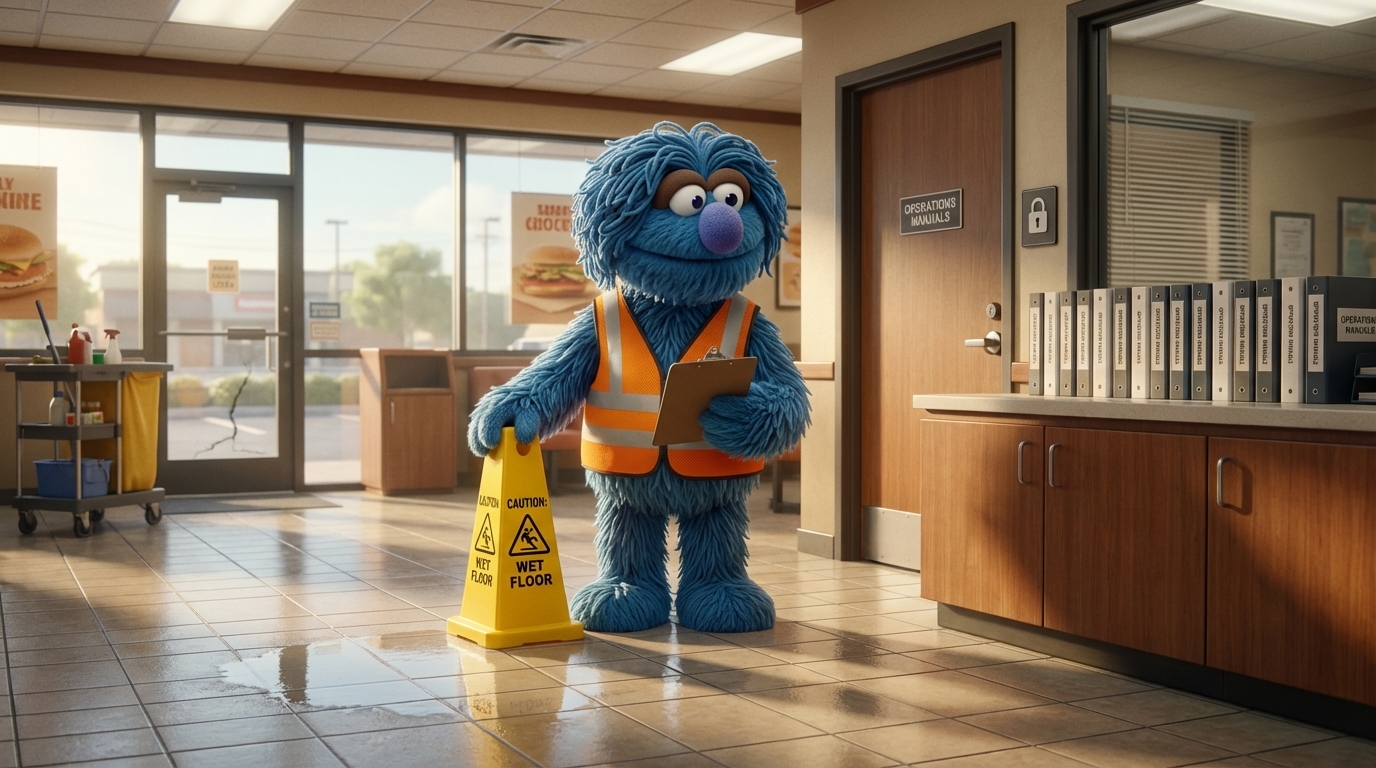
How Digital Evidence Can Make or Break Your North Carolina Personal Injury Case
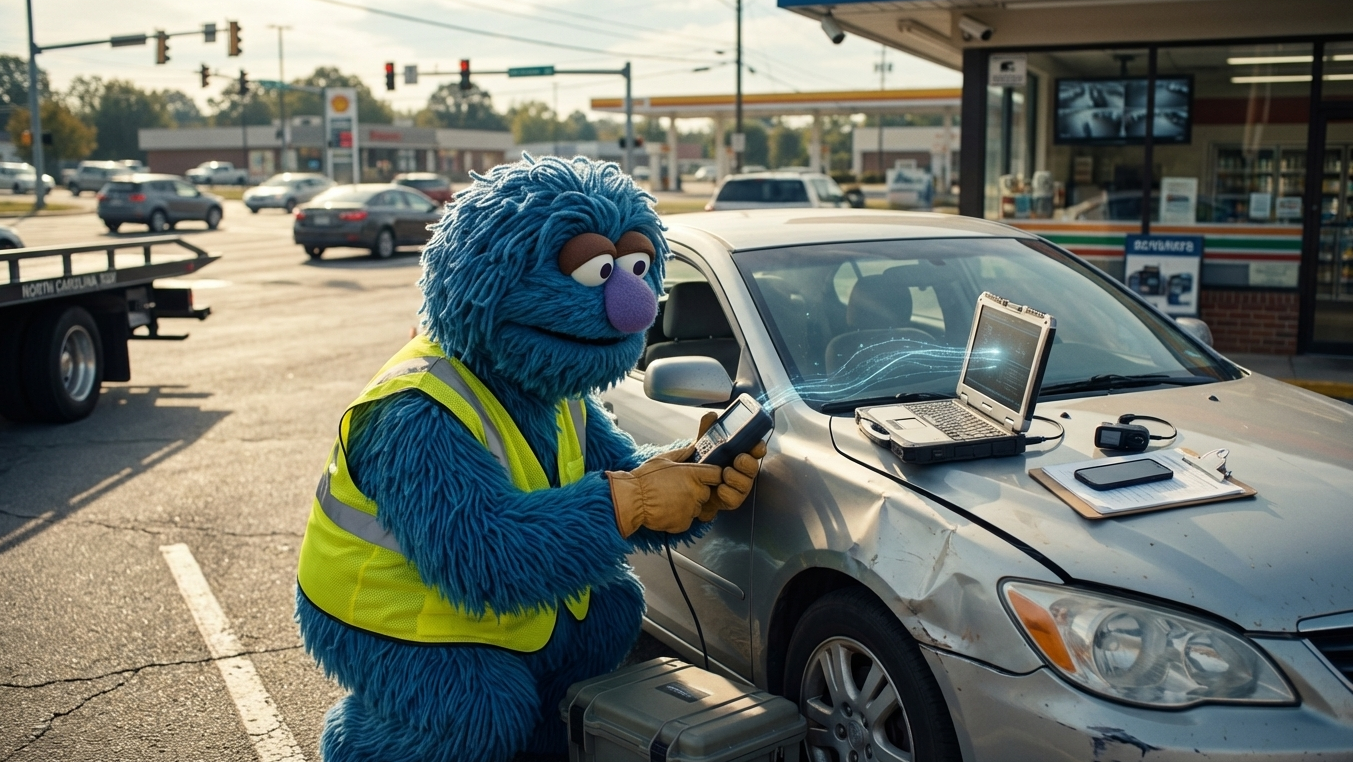
Wrongful Death vs. Survival Actions in North Carolina: A Clear Guide for Grieving Families
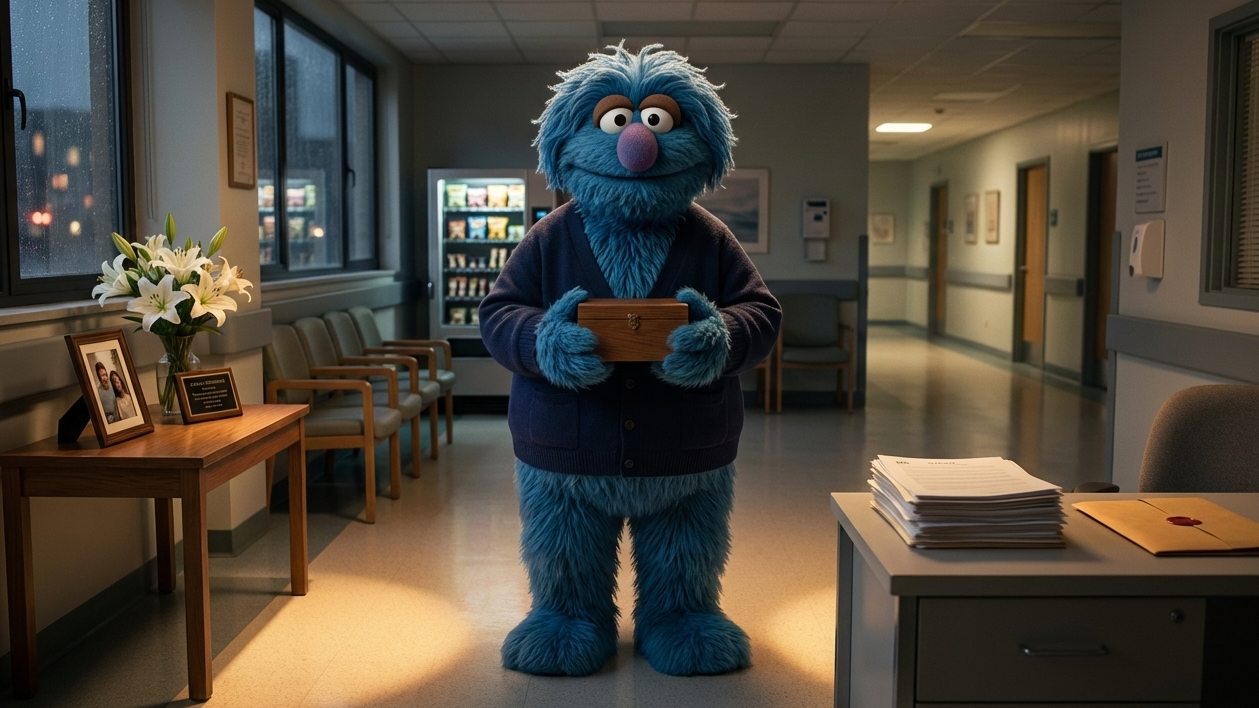
Injured with a Preexisting Condition? How North Carolina’s Eggshell Plaintiff Rule Protects Your Personal Injury Claim
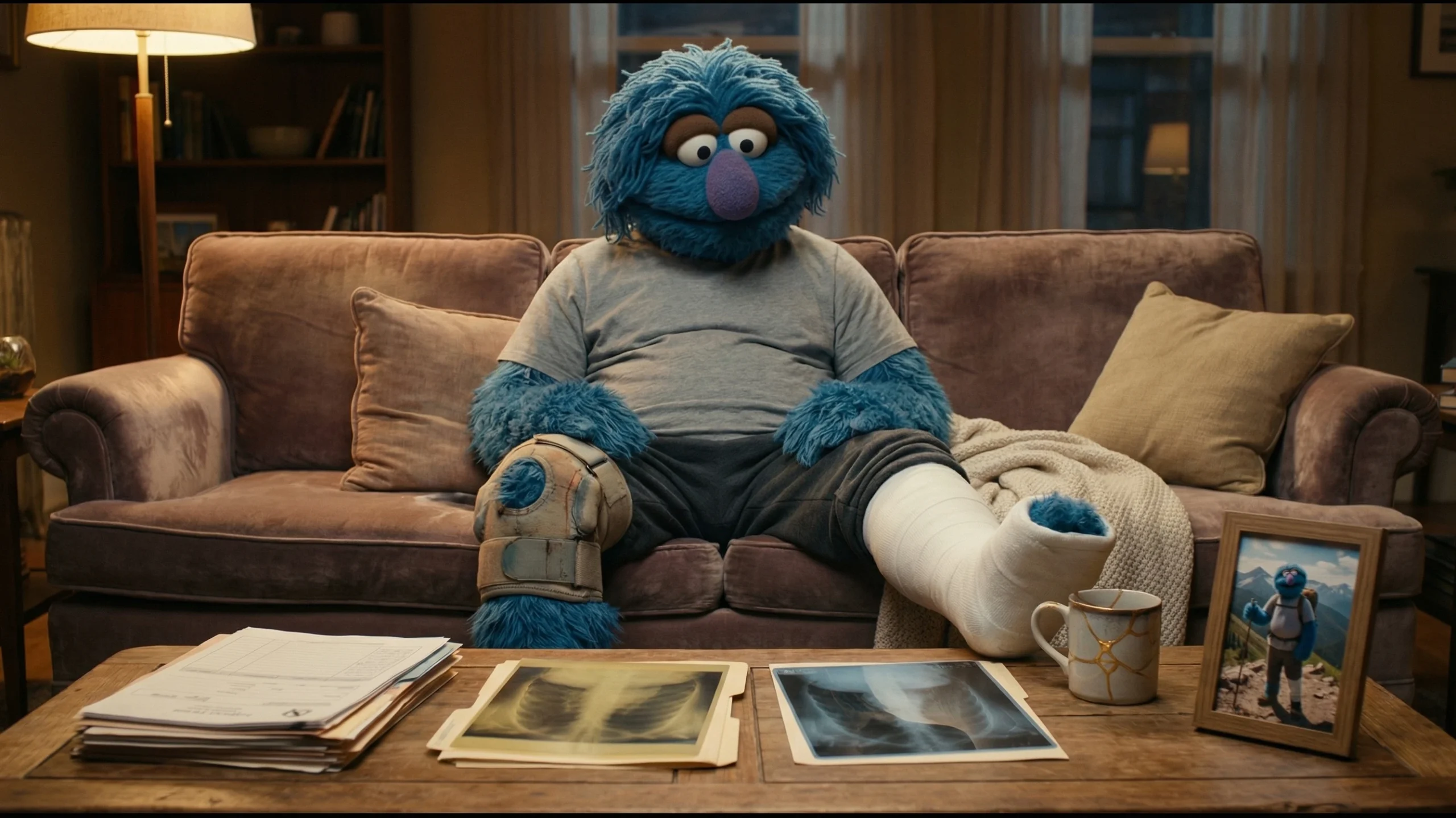
Health Insurance Liens Simplified
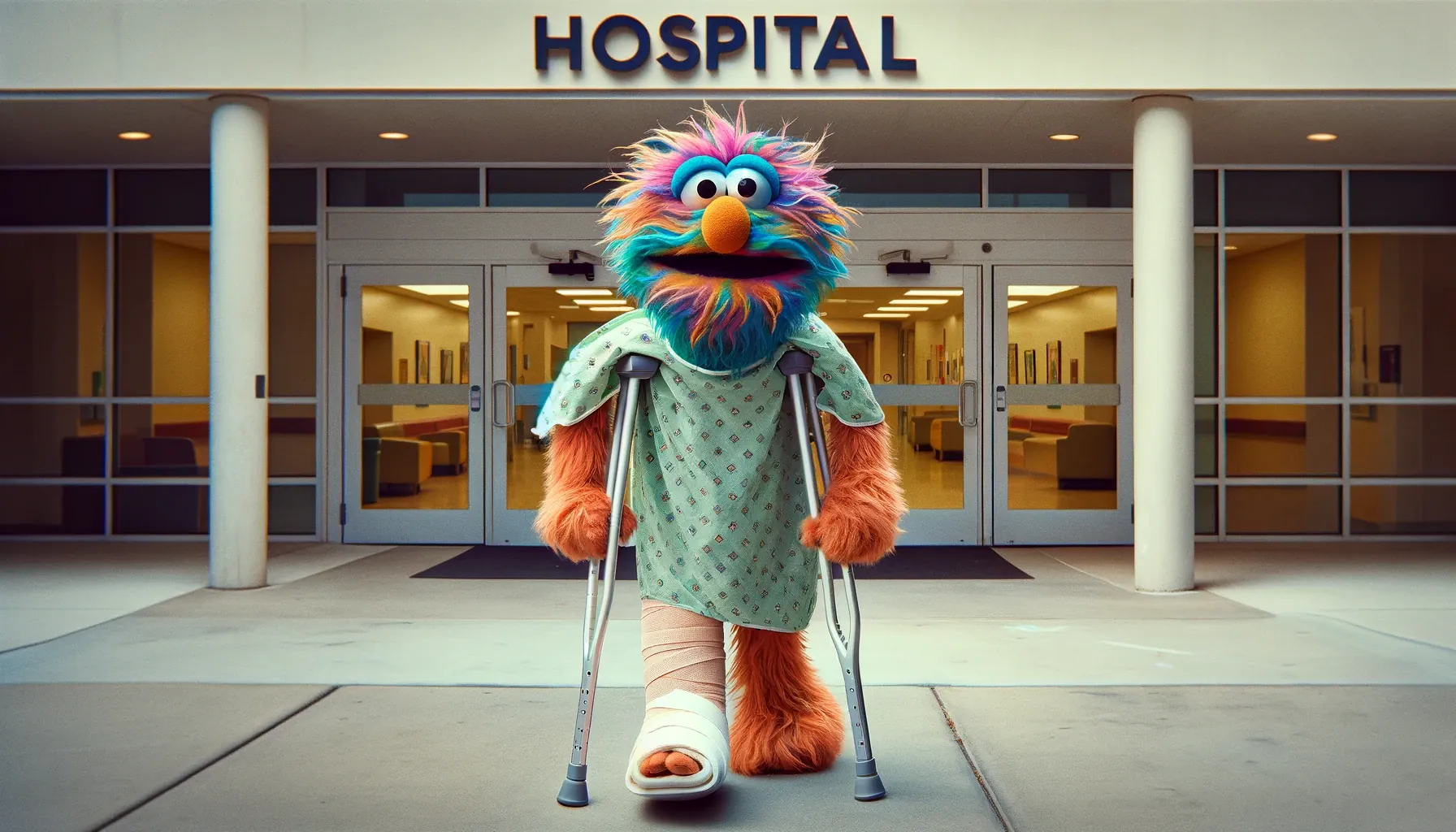
What to Do If You Think Your Doctor Has Made a Mistake

What Does it Mean to Hire a Lawyer On a Contingency Fee?

How to Choose the Right Personal Injury Lawyer: A North Carolinian’s Guide

Rule 9(j): The Gatekeeper of Medical Malpractice Cases in North Carolina

